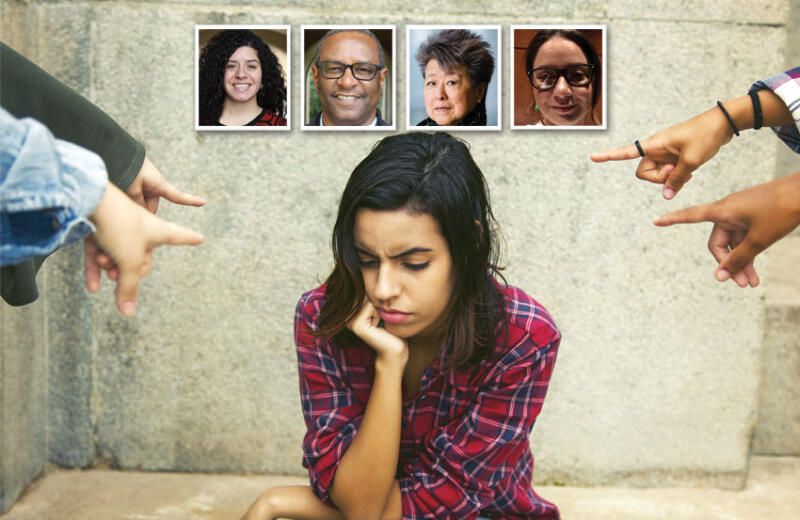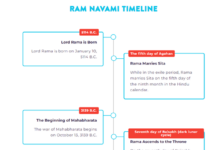Vidya Sethuraman
India Post News Service
Xenophobia, the “fear and hatred of strangers or foreigners, is an unfamiliar term for some. While xenophobia is similar to racism, racism is prejudiced thoughts and discriminatory actions based on differences in race or ethnicity. Women in the United States face an extraordinary level of violence. Anti-Asian/Pacific Islander hate crimes against women also exceed those against men. Speakers at the EMS conference on Oct 8 discussed the rise in hate-based violence against women, along with historic perspective.
The report by University California Berkeley’s “Othering & Belonging Institute,” reveals that 67.5% of respondents said they had personally experienced Islamophobia in their lifetimes, including 76.7% of women and 58.6% of men.
Elsadig Elsheikh, Director of the Global Justice Program at the Othering & Belonging Institute at UC Berkeley said more than half of both women and men have personally experienced Islamophobia; however, women (76.7%) are more likely than men (58.6%) to have had a personal encounter with Islamophobia. He added over half of women (59.6%) and men (51.3%) did not report an Islamophobic incident to the authorities. US Muslims reported that they themselves, or family members, friends, or members of their community, have been affected by federal and/or state policies that discriminate against Muslims. The survey found 60.6% of respondents believe Islamophobia to be a “very big problem in the U.S.”
“The news is not all bad,” said Basima Sisemore, a researcher with the institute’s Global Justice program who co-authored the study. “One of the uplifting findings of our survey is that despite a general climate of hostility, Muslims overwhelmingly express a desire to belong, regularly interact with non-Muslims and believe in the ideals of pluralism and equality. “The challenge before us now is to actually create the conditions that foster and strengthen social bonds and disrupt the structures that support Islamophobia to help us reach that ever-elusive goal,” she added.
Helen Zia, AAPI activist, author, and journalist said because of the epidemic, the global economy has been hit hard, and the U.S. economy has also been affected. Many people have begun to look for scapegoats, believing that Asians have caused all this.
Panelists also discussed workplace oppression and sexual harassment suffered by women working in agriculture. Hispanic women selling food on the street were also attacked. Such things happened before the epidemic, and it has intensified after the epidemic. Therefore, reforms in the immigration system are also necessary. We urge all public institutions to challenge racism in their midst and work to promote a more just and equitable society, emphasized the panelists.







